Six things to know about short-haired cats and their care
There are always pros and cons to consider before welcoming a cat into your home. For you, perhaps a long-haired cat may require more grooming time than you are able to give them. If so, there are many short-haired cat breeds to choose from and welcome into your home.
But don’t expect your short-haired feline companion to take care of their grooming needs all by themselves. As a responsible pet owner, you will play a part in keeping your cat’s coat healthy and shiny.
We’re going to look into some short-haired cat characteristics that can help you better understand them and their needs.
Article
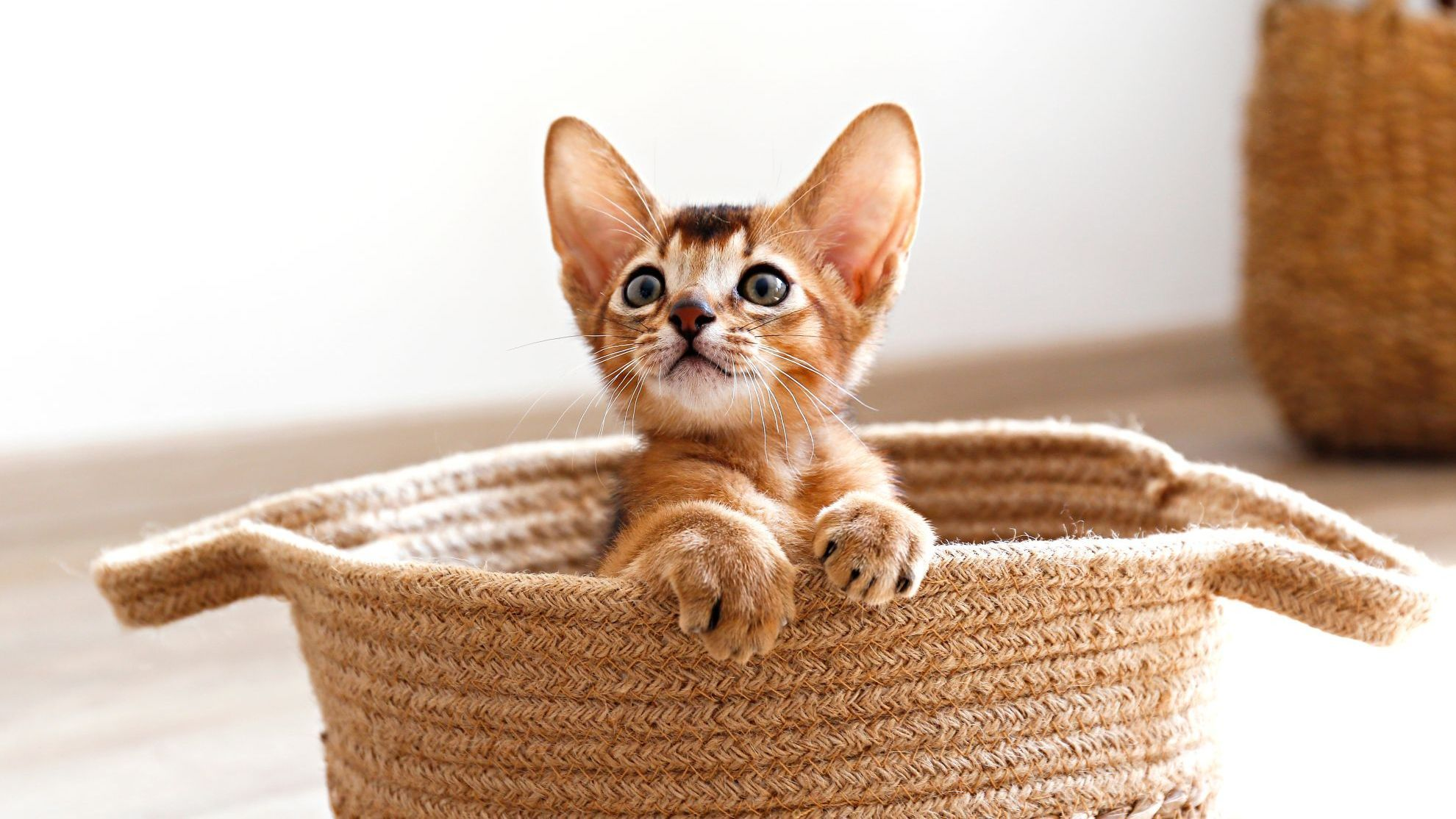
1. All shapes and sizes
You’ll be happy to know that there’s a diverse range of short-haired cat breeds to share your life with. From the snuggly type to those who are more playful, here are four well-known cat breeds with less demanding grooming needs.
2. Get down to grooming
From kittenhood to old age, your cat will need your help when it comes to grooming. The sooner you get them in the habit, in a positive way, the more comfortable they will be with the whole process. It is also important to make sure that you have the right tools, properly adapted to your cat.
However minimal their grooming requirements are, keeping your cat’s coat clean is important to their overall well-being. They certainly take care of their appearance but your input will be much appreciated.
Grooming your short-haired cat can have other positive benefits, above and beyond keeping up their appearance:
● It offers some one-on-one time
● Can help to stimulate your cat’s circulation
Grooming also involves more than brushing your cat’s coat. As their owner, you should be checking and cleaning their ears, brushing their teeth regularly (ideally daily if they’ll let you) and trimming their nails when necessary.
While the grooming ritual should be nothing but pleasure, it is important to look out for any signs of discomfort in your cat. These can include:
● Excessive tail twitching
● A change in the position of their ears
● Trying to get away from you
Respect their wishes and bring the grooming session to an end.
3. Short-haired cats and human allergies
When it comes to cat allergies, contrary to popular belief, no cat is 100% hypoallergenic.
This is because the allergen doesn’t come directly from cat hair. It comes from cat saliva and cat dander, via an allergenic protein called Fel d 1. All cats produce this product and so when they groom themselves, it is transferred to their fur and dander. In turn, this finds its way around the home, which can cause allergic reactions to be triggered.
That’s not to say that you can’t live with a short-haired cat, even if you have allergies. Brushing their coat regularly, ideally outdoors, will help to keep their fur and dander to a minimum. Bringing out the vacuum a bit more will also help in keeping your home as fur-free as possible.
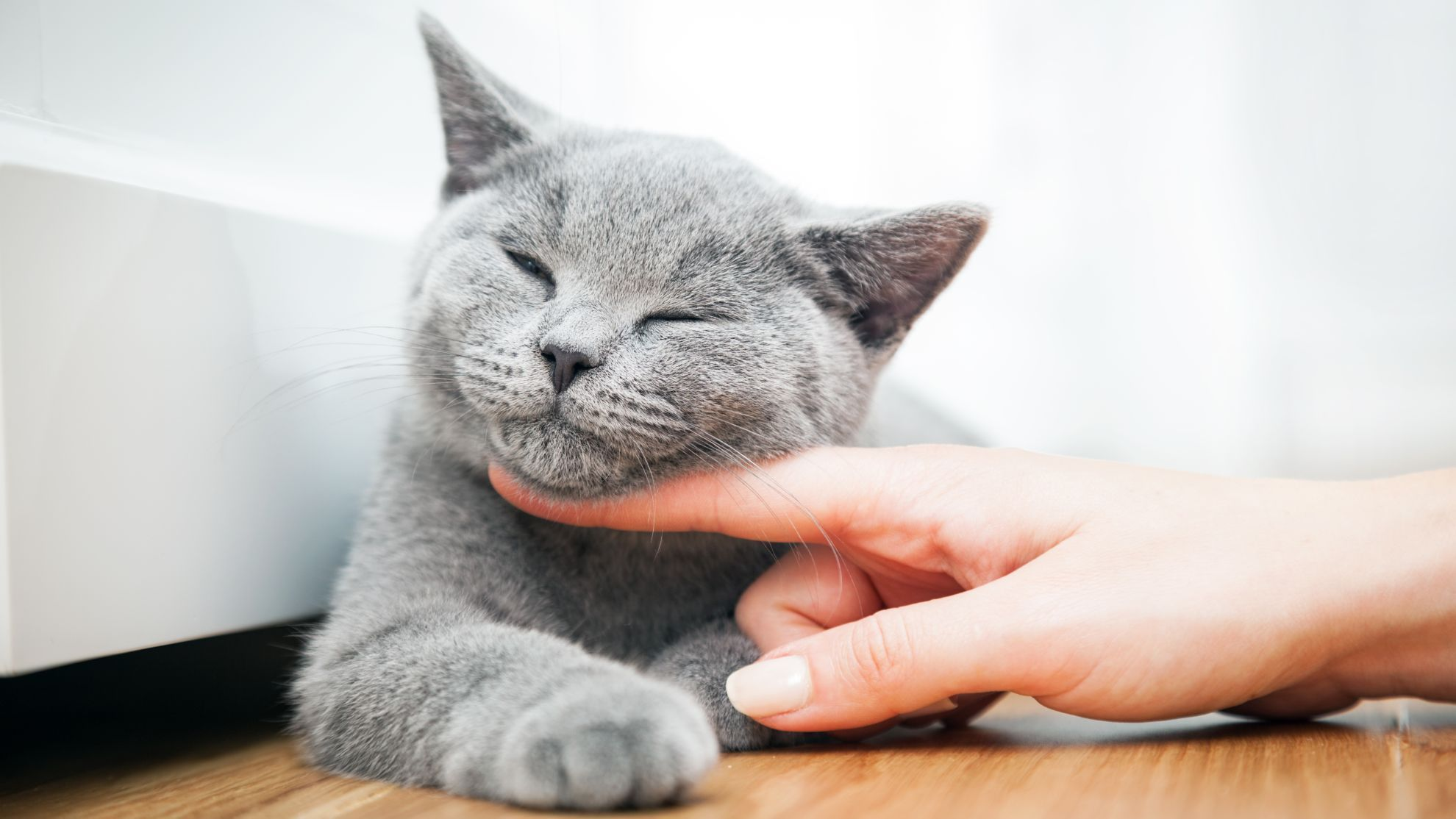
4. Keep them at a healthy weight
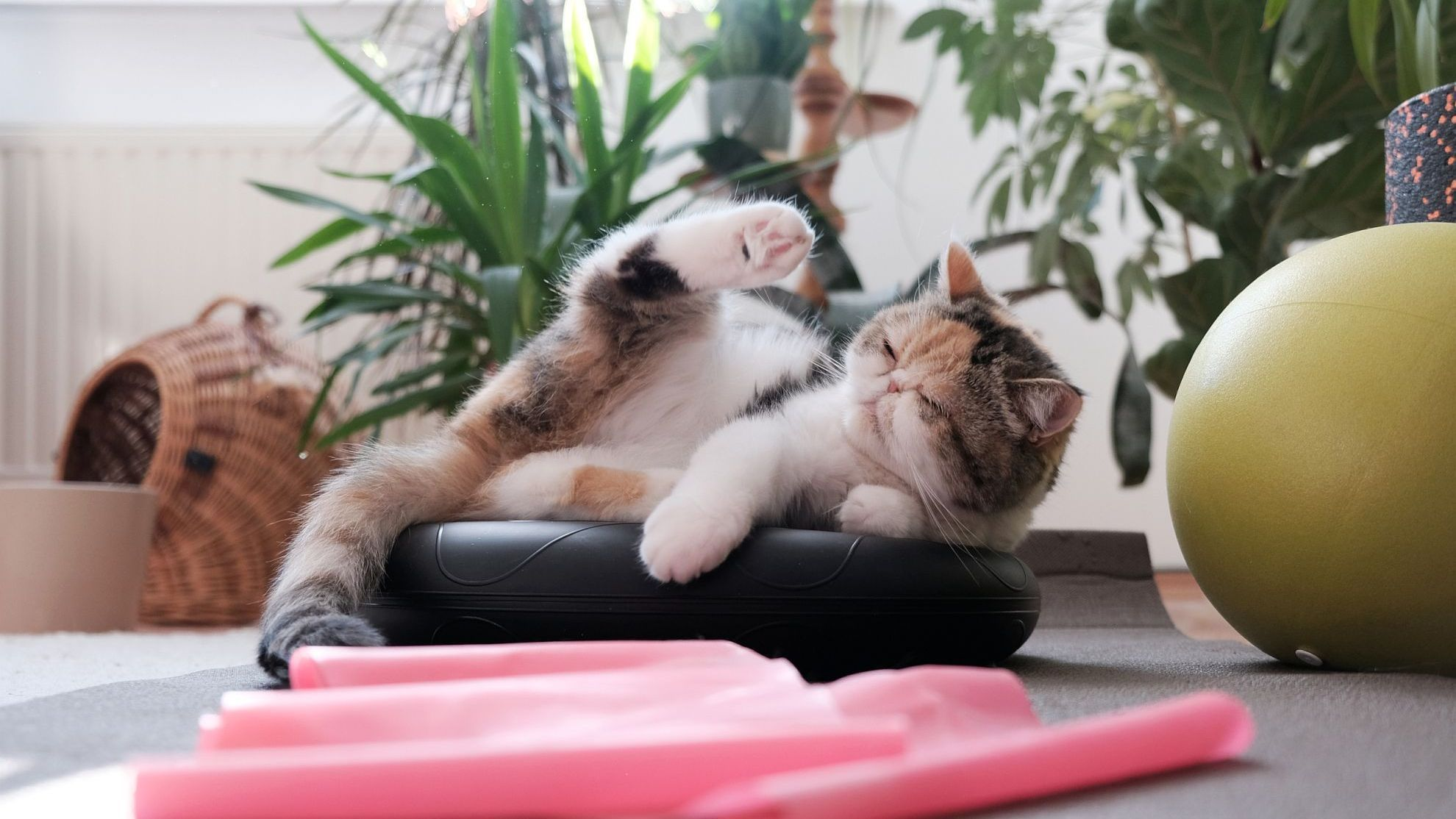
5. Keeping the cold out
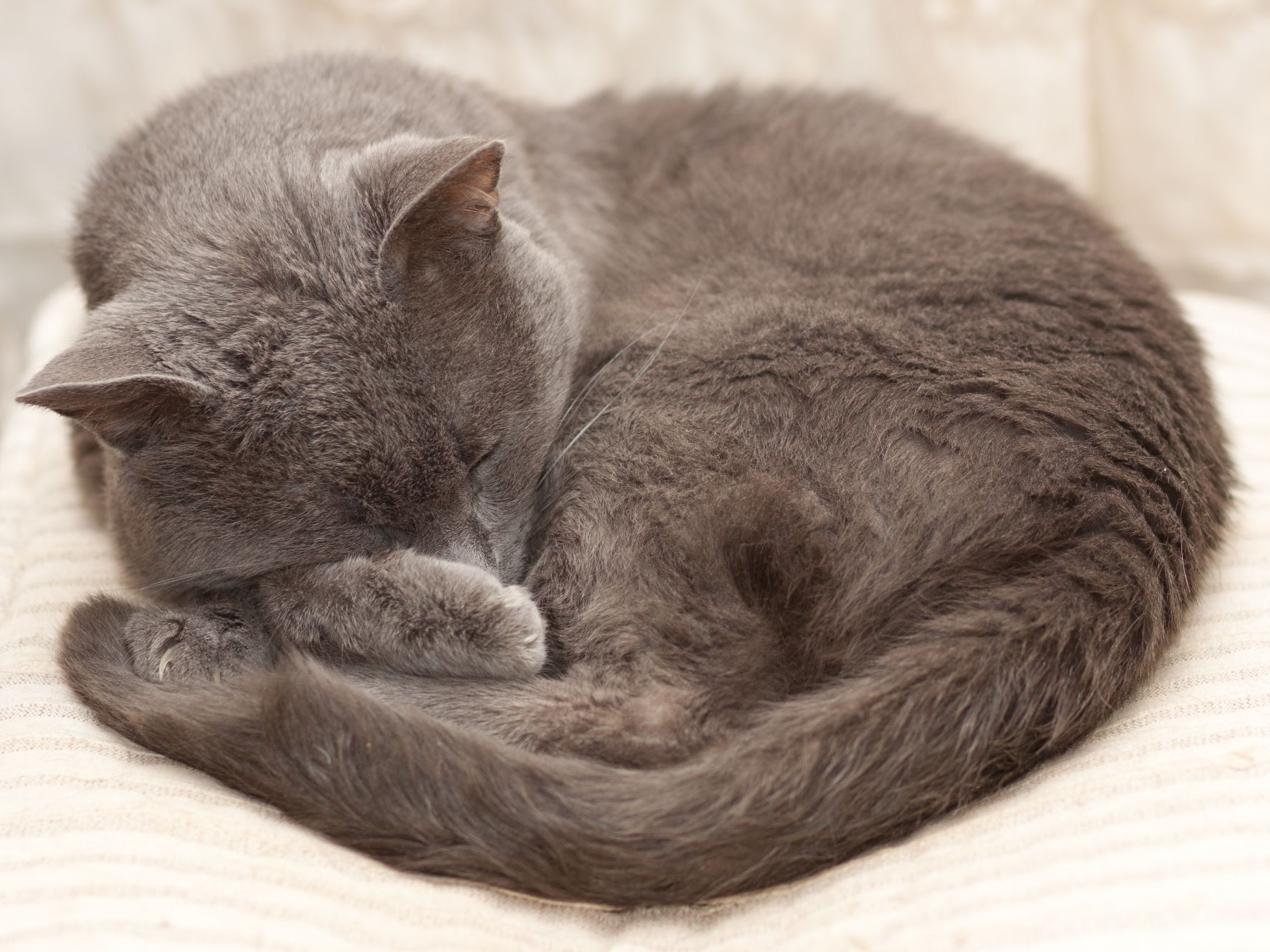
Some common signs of your cat feeling cold include:
- The shivers. Just like humans, cats will also shiver if their surroundings are not warm enough
- Reduced mental capacity. If your cat seems less alert than usual, this could be a sign that they need warming up
- Cold body parts. If your cat’s paws, ear tips or tail feel colder than usual, this is not normal
- Weakness
6. All-weather, all-seasons: keep them cosy
If your cat is spending more time indoors to keep warm, make it worth their while. A heated bed is one option but they could also curl up with you in bed. Short-haired and hairless cats, such as the Sphynx, may even require an extra layer of soft, comfy, feline-friendly clothing.
Having said that, be careful to avoid weight gain for your cat during the colder months. If they’re used to going outside more throughout the rest of the year, inactivity could contribute to weight gain. Make sure they stay active with playtime.
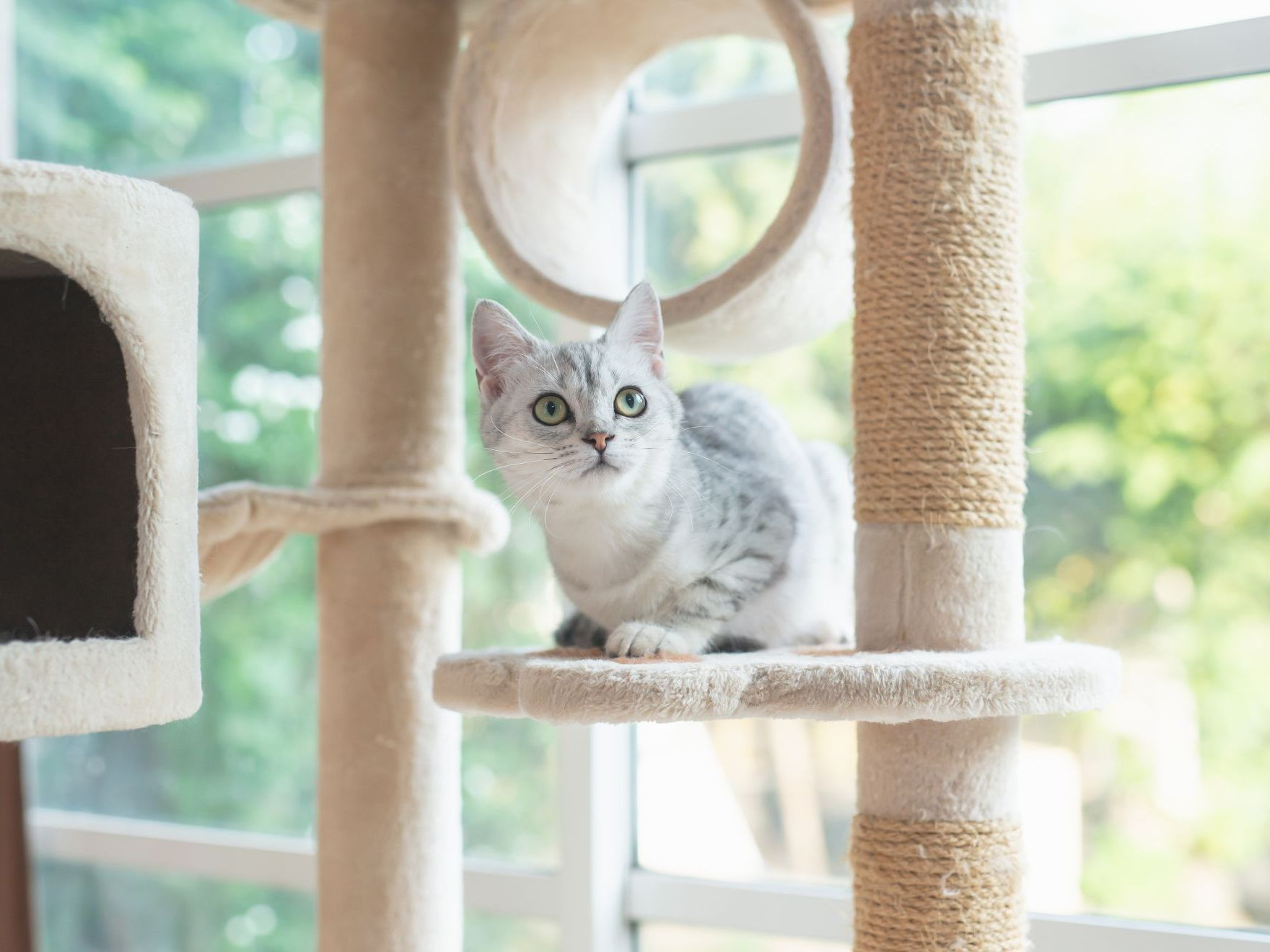
Let the sunshine in
If they’d still like to keep an eye on the outdoors, you could set up their cat tree by a non-draughty window. Even when it’s cold outside, there can still be sunshine for your feline to enjoy.
In the warmer months, it’s a different story. Your short-haired cat will not be held back by any excess fur, but you may want to invest in some cat sunscreen to avoid sunburn.
Related Articles
Лајкуј и подели страницу